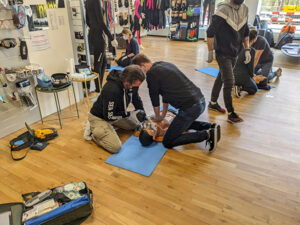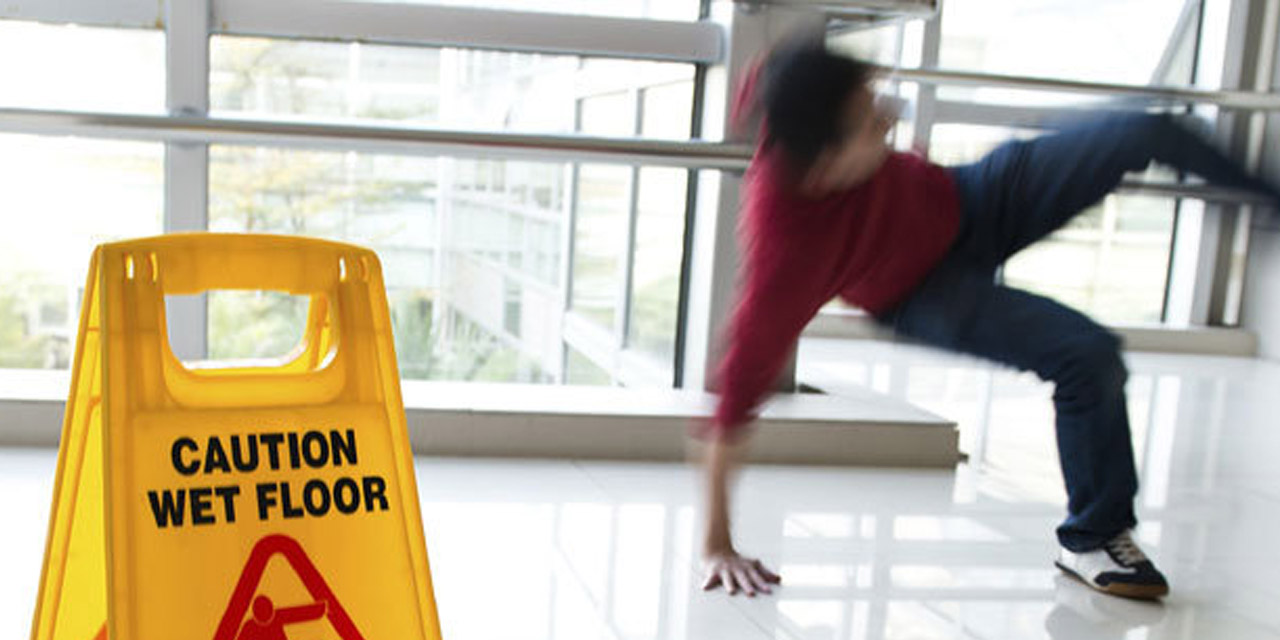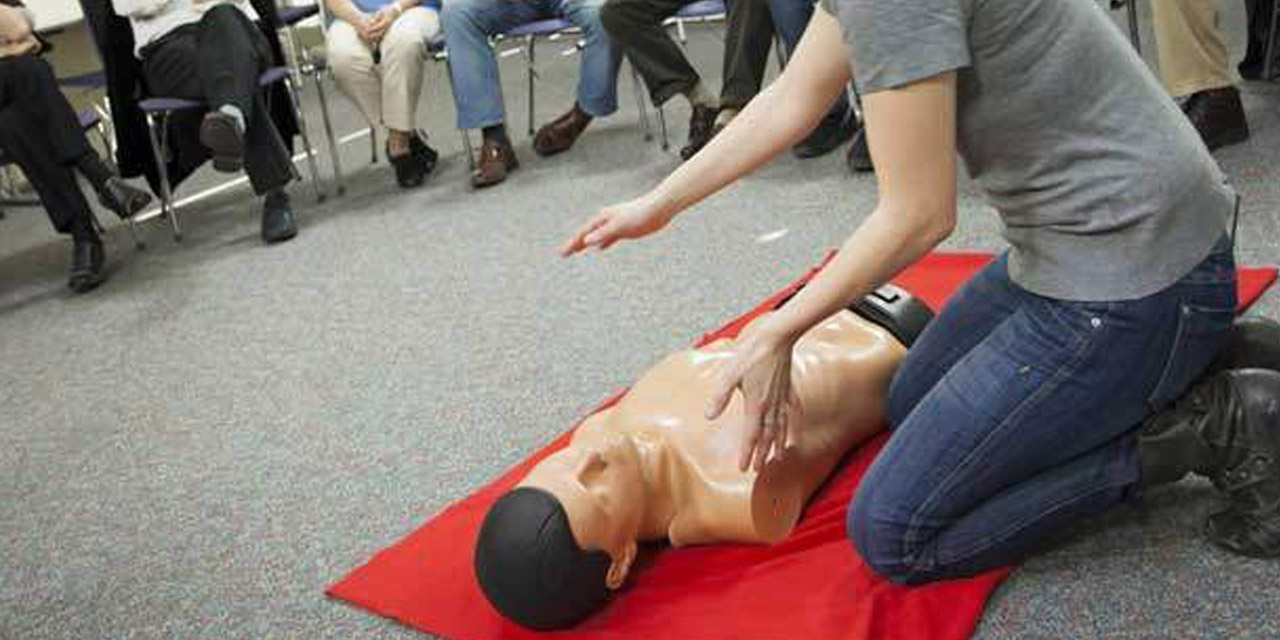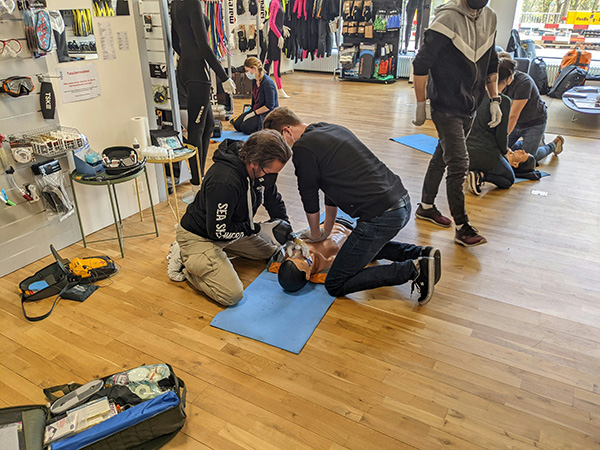Delivered only by fully qualified doctors, nurses or paramedics with real firsthand experience, our course covers:
Alongside your anaphylaxis training, you’ll also undergo an asthma first aid course, which includes:
Our externally accredited Immediate Management of Anaphylaxis and Asthma training course is completed in one day, over a 6 hour session, at a time and location that suits you.
In order to meet the required standards for your anaphylaxis and asthma training, participants will be assessed throughout the duration of the course by the qualified tutor.
As part of the assessment process, delegates will contribute to a practical scenario, demonstrating their ability to manage a child having an asthma attack and anaphylactic reaction.
Upon successful completion of the anaphylaxis training and asthma first aid course, you’ll receive a certificate to verify your competency which will remain valid for three years from issue.














